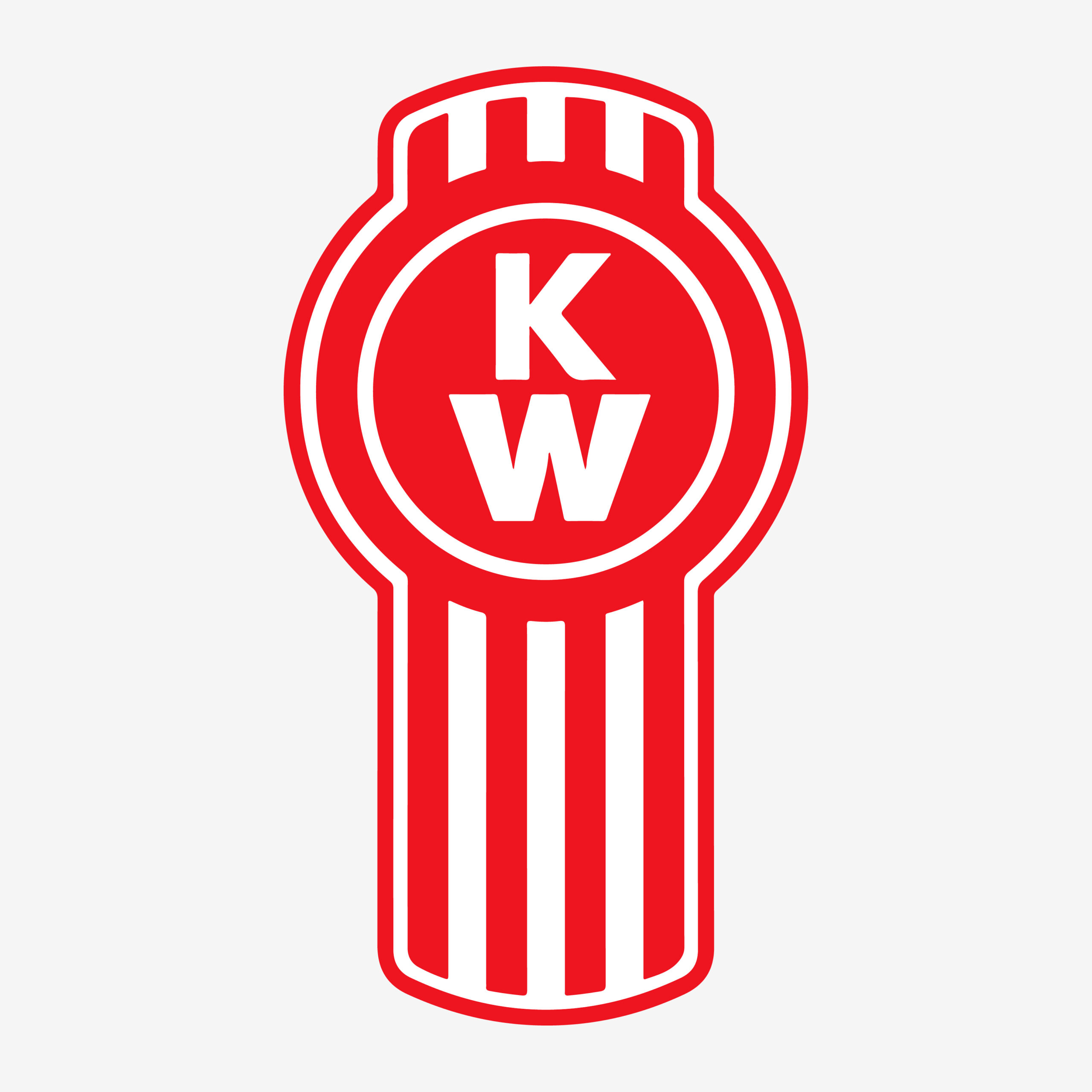
Hauling during peak summer heat burns fuel faster. Between cranking the A/C, engine fans running nonstop, and heavy loads in sweltering temperatures, summer can wreak havoc on your MPG. Good news is, you’ve got options! With the right tools and a few smart habits, you can keep cool and cut fuel costs.
At Coopersburg & Liberty Kenworth, we help drivers improve fuel efficiency without sacrificing comfort or performance. Here’s what really matters when temperatures rise:
Boosting Fuel Efficiency During Summer
The Impact of A/C
Running your air conditioner in the summer is a necessity — but it comes at a cost. Cooling the cab in warm temperatures puts added stress on the engine, leading to increased fuel consumption, especially in older trucks or those with worn HVAC components. Hot weather also speeds up fuel evaporation, particularly in older models with less efficient systems, causing you to lose diesel before it even hits the engine. And when temperatures hit their highs, engine efficiency drops. Cooling systems work harder, performance suffers, and fuel burns less quickly.
Efficiency Tip: Keep your HVAC systems well-maintained so that even when you need a constant stream of air conditioning to cool you down, your engine’s efficiency isn’t completely compromised.
APU vs. Idle Management Systems
Should you idle or use an APU? It depends on your truck.
An Auxiliary Power Unit (APU) powers your HVAC and electrical systems without running the main engine. Ideal for long-haul drivers and sleeper cab use, APUs are especially useful during overnight rest and in extreme weather conditions. By cutting down on idling, an APU can save up to one gallon of diesel per hour.
An Idle Management System (IMS) runs your air conditioning and heat using stored battery power instead of idling the engine. Some Kenworth and other truck brands include these auto-start/stop idle systems that monitor and maintain cab temperature and battery levels. By avoiding engine idling, the IMS can save thousands of gallons of fuel annually and reduce your truck’s carbon footprint.
Efficiency Tip: If you’ve got both systems, make sure your truck prioritizes the APU over idle time. It saves fuel and reduces wear on your engine.
Load Balancing and Cargo Placement
Heavy cargo loads obviously cost you fuel, but the placement of that cargo matters too. Balanced loads minimize drag and reduce weight load on the engine, which helps with both temperature control and fuel efficiency. Overweight rear axles create rolling resistance, which burns more diesel mile after mile. Uneven or top-heavy cargo can also contribute to more frequent engine fan cycles, burning more fuel and stressing your cooling system.
Efficiency Tip: Load your heaviest freight low and center it over the drive axles. This will give you smoother handling and better fuel economy on those hot, long hauls.
Fuel Saving Settings
Your truck runs smarter than you think! Many Kenworth and other newer-model trucks include built-in fuel economy features that can sometimes be overlooked or underused.
In Kenworth trucks, Predictive Cruise Control uses GPS and terrain data to anticipate hills and curves. It then adjusts the speed and throttle automatically to maintain momentum and reduce unnecessary fuel use. Neutral Coast Mode automatically shifts into neutral on slight descents to reduce engine drag, which saves fuel on rolling terrain. In the Engine Fan Settings, adjustable fan thresholds can prevent unnecessary, excessive fan cycling that burns fuel.
Additionally, some trucks include aerodynamic body enhancements like grille shutters, fairings, side extenders, and more to help save fuel, especially driving on long stretches of highway. Design elements including rounded edges, smooth body panels, and lightweight materials, contribute to decreased overall vehicle weight, reduced wind resistance, and maintained speed with less energy.
Efficiency Tip: Take full advantage of your truck’s built-in fuel saving technologies and designs. When properly configured and maintained, these features can contribute to fuel savings without changing your driving habits.
Fuel Efficiency in Summer
Hot weather doesn’t have to mean high fuel costs. Fuel is one of the largest expenses in trucking and these helpful tips can contribute to maximizing fuel economy. With smart HVAC use, optimized load distribution, and anti-idling systems, and fuel efficiency tech, you can minimize summer fuel waste without sweating the extra dollars.
Get the Latest Trucking News, Tips & More
"*" indicates required fields


